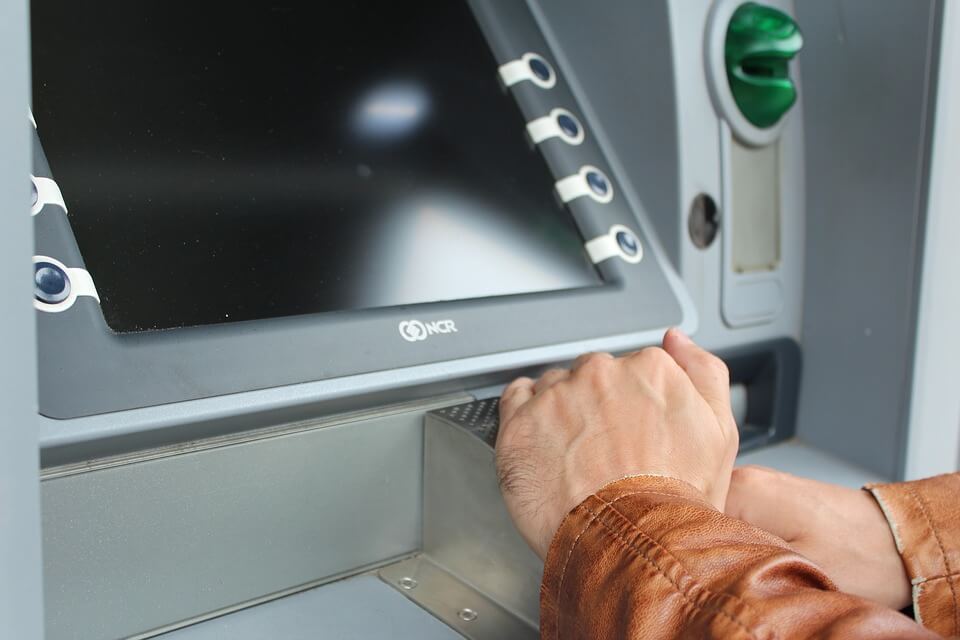
Liam Hill, Intern, Money and Mental Health
Cash in or cash out?
11 January 2019
Just before Christmas, the Access to Cash Review released its interim report, Is Britain Ready to go Cashless?, which looked at current trends on how we spend money, and how the diminishing availability of cash might affect our communities.
We asked our Research Community to share their views and experiences of using both digital payments and cash, to shape our response to the review’s call for evidence, and our recent policy note on these issues. Here’s what people told us:
For many people, access to cash in still vital
As a society, we may be moving away from cash, but keeping cash payments as an option is clearly important for some people with mental health problems. It was notable in our survey that just under two thirds (63%) of our Research Community respondents said they still use cash. 5% told us they always use cash and four in ten (41%) said they often pay with cash. It’s clear, then, that for some people with mental health problems, hard cash is still vital.
Cash as friction
Here at Money and Mental Health, we often talk about ‘friction’ in the context of digital spending (you can read more about this in our report ‘Fintech for good’). Layers of friction between deciding to spend money and completing a transaction can be a useful way to put a break on impulsive spending, and can prevent significant financial harm – for example, having to confirm overnight purchases the next day, or putting a daily cap on spending.
Cash is itself a form of friction in this sense. We know that handing over cash has a greater psychological impact than tapping a card, entering a pin or setting up a standing order. And this fits with what our Research Community told us. Over half (55%) of respondents to our survey agreed with the statement ‘I find it easier to control my spending using cash’.
Our early research suggested that 93% of people have spent more money than usual during periods of poor mental health. It’s clear then that a transition to a completely cashless society will make some people with mental health problems less able to budget and stay in control of spending.
“Using cash lets me see where my money goes. I have a weekly amount I withdraw from my account and use that for all purchases. I’m happier doing this than using a card as it lets me see how much I am spending and I don’t have to remember to update my budget sheet with the spend.”
Digital anxiety
Physical cash also bypasses some anxieties people have about the potential for fraud or identity theft involved in card or electronic payments. Respondents were slightly more likely to agree (41%) than disagree (33%) with the suggestion that cash is more secure than electronic or card payments, and decreases the likelihood of being a victim of fraud.
Similarly, nearly three quarters (73%) confirmed that they like to keep cash for emergencies. Should we really be abandoning cash when it remains useful in providing security and peace of mind?
Digital dividend?
None of this is to say we should (or could) reverse the trend to digital and online payments. Across society, people are increasingly comfortable with digital payments, and perhaps unsurprisingly a majority of our survey respondents (69%) also told us they use card more often than five years ago.
Having complete oversight in one place, on a bank statement or an online or in-app summary, is for many people a useful way to track spending. Some banks also offer ways of summarising and breaking down spending as well, which can help people to analyse and prioritise how we spend money.
65% of respondents to our survey agreed that “it’s easier to keep track of electronic payments than cash payments when I am unwell.” And, as the quote below from a Research Community member suggests, paying with direct debits can allay fears about missing vital payments.
“It’s more convenient – I don’t always carry cash but I always have my card. I also like to pay my bills using standing orders and direct debits, as they come out automatically so I don’t have to think about them.”
Leaving no one behind
It’s not in anyone’s interests to exclude people from our economy. Our research shows cash is still an important practical and psychological safeguard for some people, offering protection and reassurance to many people that the various forms of digital payment currently don’t.
Our financial habits will continue to evolve, but it’s a simple issue of fairness that any further transition to a ‘cashless society’ mustn’t leave anyone behind.
